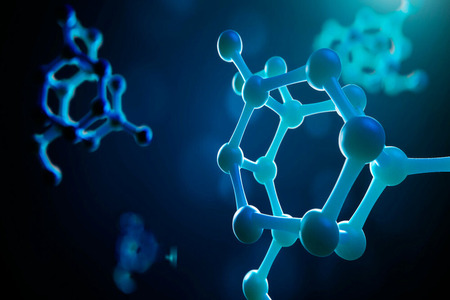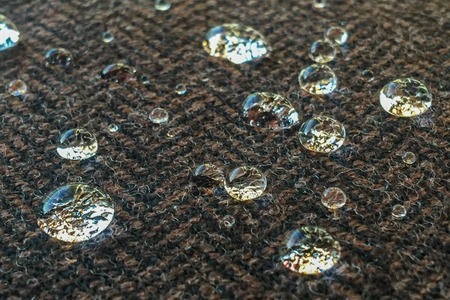
US researchers develop polymers to combat antibiotic-resistant bacteria
YarnsandFibers News Bureau 2023-12-29 17:23:03 – USAScientists from Texas' A&M University have successfully developed a new set of polymers with the ability to eliminate bacteria, including dangerous strains like E. coli and MRSA, without leading to antibiotic resistance. This development is a crucial stride in combating superbugs such as E. coli and MRSA. Dr. Michaudel, an assistant professor in the Department of Chemistry, expressed optimism about the potential of these polymers to contribute to the future fight against antibiotic resistance.
Following their success, the Michaudel Lab collaborated with Dr. Jessica Schiffman's group at the University of Massachusetts Amherst to test the polymers against two major types of antibiotic-resistant bacteria: E. coli and MRSA. Simultaneously, the researchers assessed the polymers' toxicity against human red blood cells. Dr. Michaudel emphasized the challenge of achieving the right balance between inhibiting bacteria growth effectively and avoiding harm to human cells, highlighting the need for selectivity.
Dr. Michaudel acknowledged the common issue of a lack of selectivity in antibacterial polymers when targeting cellular membranes. He credited the success of his team to multidisciplinary collaboration and the dedication of researchers. The focus now shifts to enhancing the polymers' activity against bacteria, specifically improving their selectivity for bacterial cells over human cells. The team plans to conduct in vivo assays as the next phase of their research.
Market Intelligence
Ask for free sample Report

experience
Customer Base
dedicated team
Countries Served Worldwide









